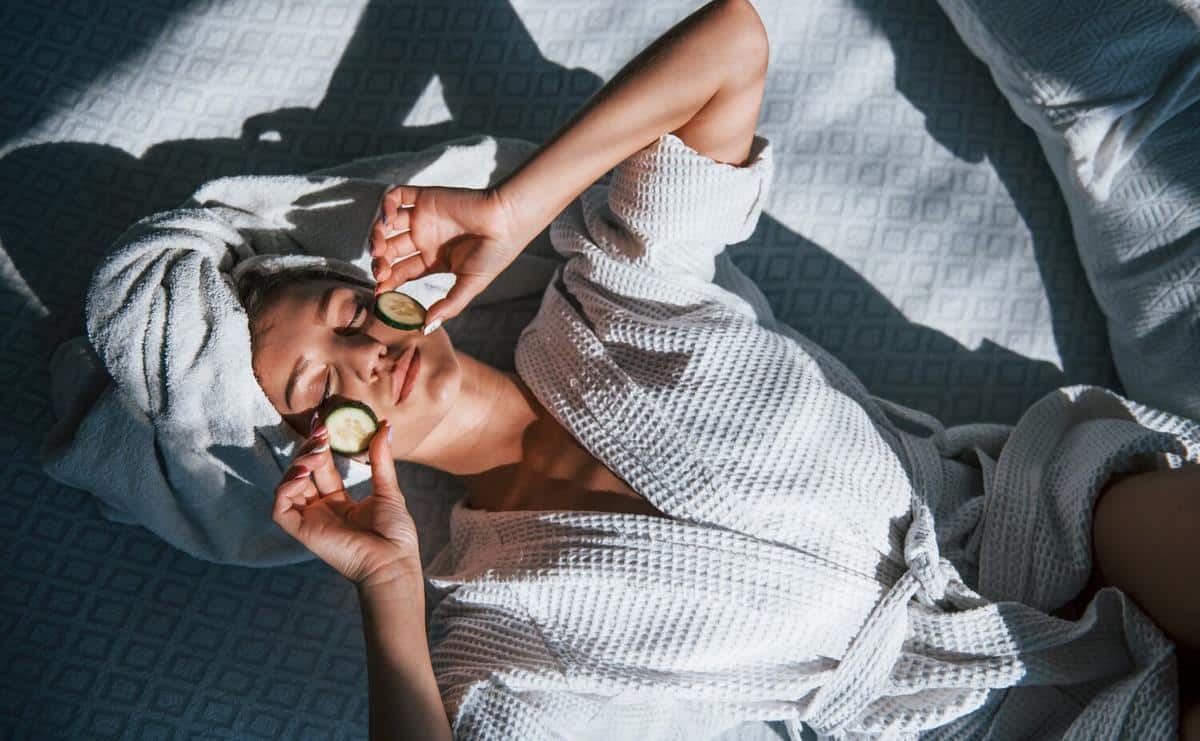
How Sleep Quality Affects Your Complexion
When it comes to achieving radiant skin, the secret might be as simple as getting a good night’s sleep. The connection between sleep quality and complexion is profound, influencing everything from skin texture to its natural glow.
The Science Behind Sleep and Skin Health
Adequate sleep is not just a luxury; it’s a necessity for maintaining healthy skin. According to dermatologist Dr. Michael Breus, sleep is a time when our body repairs itself, including the skin. During sleep, the body increases blood flow to the skin, allowing it to rebuild collagen and repair damage from UV exposure, reducing wrinkles and age spots.
Research Findings
A study published in the Journal of Clinical and Experimental Dermatology found that participants who reported poor sleep quality had increased signs of skin aging and slower recovery from environmental stressors. This highlights the significant impact sleep quality can have on your skin’s appearance and resilience.
The Role of Cortisol
When we don’t get enough sleep, cortisol levels rise. This stress hormone can break down collagen, leading to sagging skin and the formation of fine lines and wrinkles. Additionally, high cortisol levels are linked to inflammation, which can exacerbate skin conditions like acne and psoriasis.
Personal Experience
Take the story of Emily, a busy professional who noticed a dramatic improvement in her skin after prioritizing sleep. By ensuring at least seven to eight hours of restful sleep each night, she saw reduced dark circles and a more even skin tone.
Practical Tips for Better Sleep and Skin
- Create a Sleep-Conducive Environment: Keep your bedroom cool, dark, and quiet to enhance sleep quality.
- Establish a Bedtime Routine: Consistent sleep schedules signal your body that it’s time to rest.
- Limit Screen Time: Reduce exposure to blue light from devices at least an hour before bed.
- Stay Hydrated: Proper hydration aids in maintaining skin’s elasticity and suppleness.
Comparing Sleep Habits and Skin Benefits
| Sleep Habit | Skin Benefit |
|---|---|
| Regular Sleep Schedule | Improves skin texture |
| Avoiding Caffeine in PM | Reduces under-eye circles |
| Using Silk Pillowcase | Minimizes wrinkles |
| Hydrating Before Bed | Enhances skin glow |
| Nighttime Skincare Routine | Boosts skin repair |
| Mindfulness Techniques | Reduces stress-related breakouts |
| Avoiding Alcohol | Prevents skin dehydration |
| Consistent Sleep Duration | Slows signs of aging |
Frequently Asked Questions
How does lack of sleep affect skin health?
Lack of sleep can lead to increased signs of aging, such as wrinkles and dark circles, due to reduced collagen production and higher stress levels.
Can sleeping position affect my complexion?
Yes, sleeping on your side or stomach can cause sleep lines and contribute to wrinkles over time. Sleeping on your back is recommended.
Is there a connection between sleep and acne?
Yes, poor sleep can increase stress levels, which may lead to acne flare-ups due to hormonal imbalances.
Conclusion
In conclusion, prioritizing sleep is a simple yet powerful way to improve your complexion. By following the tips shared in this article, you can enjoy not only more restful nights but also healthier, more vibrant skin. Remember, good sleep is a vital part of any skincare regimen, and its benefits extend beyond just physical appearance, contributing to overall wellness and mindfulness.